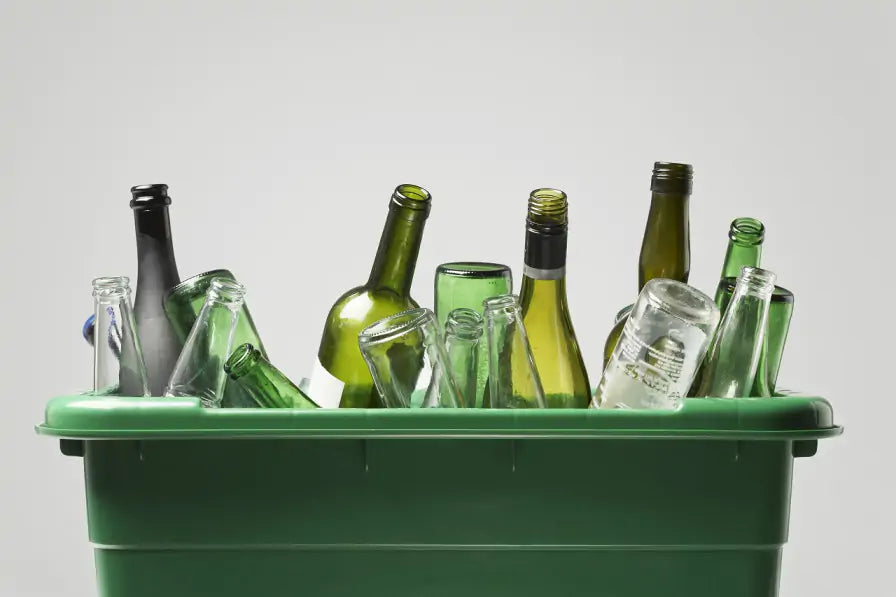Your basket is currently empty.
Shop NowAre You Getting Your Recyclables Mixed Up?

Are You Getting Your Recyclables Mixed Up
Organising your recyclables is more important than most people think it to be. Not sorting through recyclables means that when it is collected and sorted through at the recycling plant, a lot of your recycling will end up as waste, which defeats the point of recycling somewhat. For instance, glass recycling requires a high level of quality and when there is cross-contamination, potentially recyclable material will end up at landfill sites.
Some councils in the UK now use a co-mingling system, whereby everything goes in the same recycling bag, but it does create extra work further down the line and it has been shown that it is a less efficient method of recycling, with much more wastage.
So how can you ensure that you don’t get your recyclables mixed up? Here are some tips of which you might not have been aware of:
- Not all plastics are the same. Many plastics are made up of different types of plastic, so check the label to see if it is recyclable or not. Plastic bottles are usually the only type of plastic that can be recycled, but check with your council because certain areas are now recycling yoghurt pots, margarine tubs and food trays.
- Bottle tops are not recyclable.
- When recycling paper, make sure you remove staples and paperclips, as these will contaminate the recycling process if too many are left in. This goes for tape, too.
- If materials are contaminated with food (such as greasy paper), do not try to recycle it.
- Tissues and paper towels cannot be recycled.
- Do not recycle broken glass, mirrors or drinking glasses – only glass jars and bottles. If required by your council (regulations vary throughout the country), separate by colour.
- Foil is not recyclable.
- Plastic bags are not recyclable, nor are crisp packets or polystyrene.

It is important to check which system your local council uses because recycling rules change throughout the UK. This is because the waste plants that your recycling is sent to will be of a different kind to others; some are advanced enough to sort through all the recycling themselves and others are not. If you live in an area which requires you to sort your recycling properly, then make sure you spend a moment to make sure you do that, to make recycling worth your time.
The rule with sorting out recycling is that if you are in doubt about whether you should recycle something or not then don’t recycle it. Cross-contamination costs a lot of time and money.






